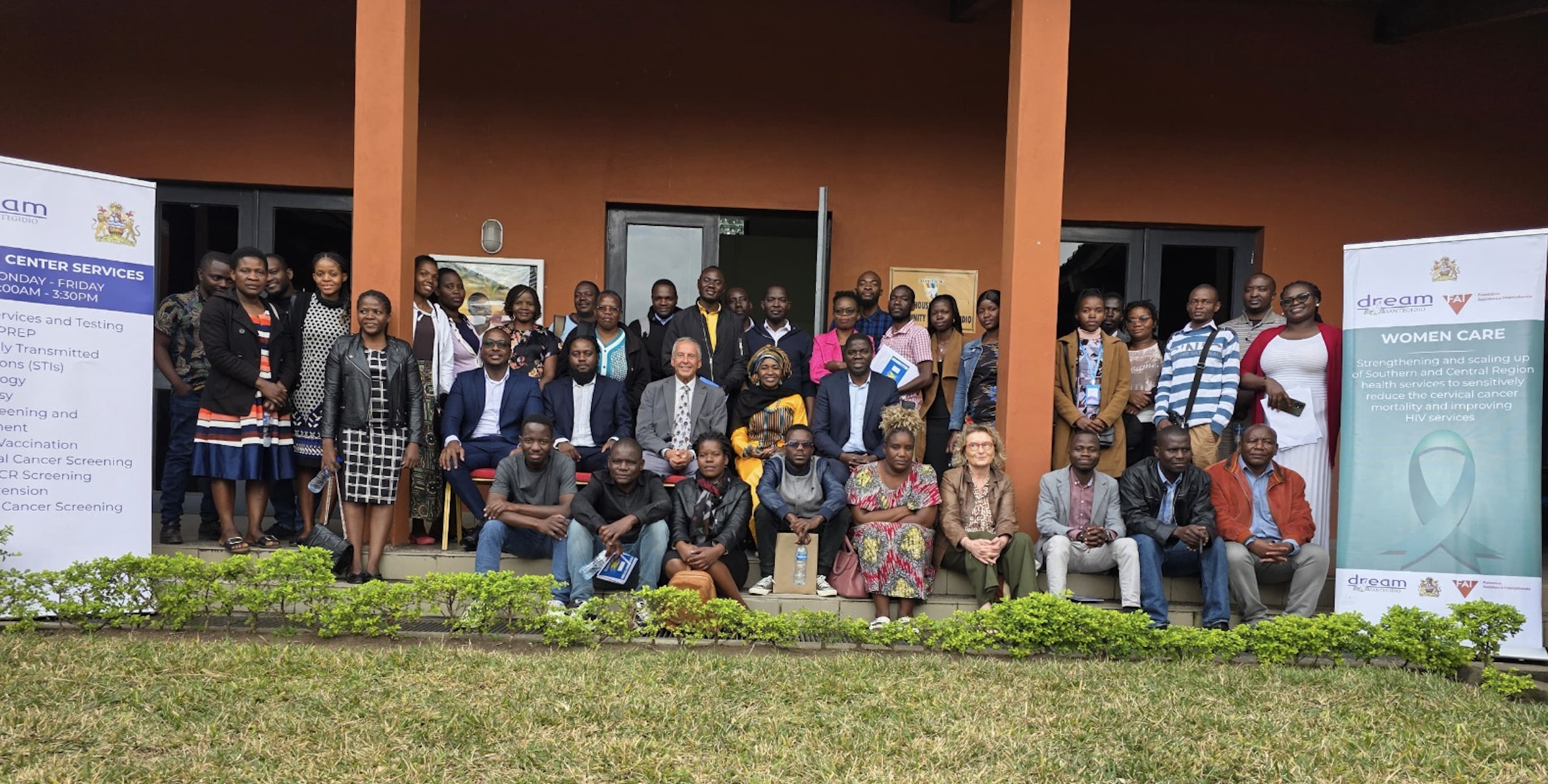Children and Antibiotics: A New Health Emergency in Malawi
In Malawi, concerns are rising over antibiotic resistance in children—a growing phenomenon that remains largely unaddressed at the national level. In Blantyre, a workshop led by Prof. Carlo Federico Perno brought together over 40 local healthcare professionals and staff from the DREAM Program for training and dialogue on possible solutions.
A silent health emergency is emerging in Malawi: an increasing number of infections in children are caused by bacteria resistant to commonly used antibiotics. It’s a serious issue, threatening the effectiveness of essential, life-saving treatments. Yet, the country still lacks a national strategy to tackle it.
To begin changing this, a key training workshop was held in Blantyre, focused on antibiotic resistance in children—a highly technical topic, but one that directly impacts the daily lives of thousands of families.
The workshop was led by Professor Carlo Federico Perno, an international expert in infectious diseases and pharmacology, currently based at the Bambino Gesù Pediatric Hospital in Rome.
Alongside him, over 40 local professionals—doctors, nurses, university lecturers, and healthcare workers—gathered to better understand the phenomenon and begin building practical responses. Many physicians and clinical staff from the DREAM Program, which has been active in Malawi for years in treating and preventing infectious diseases, also participated.
Throughout the day, Prof. Perno stressed that antibiotic resistance is not a distant or abstract problem. On the contrary, it directly affects Malawian children, who are often struck by common but potentially deadly infections—especially when not treated effectively.
An interesting connection was made with HIV: the experience gained in Africa in fighting antiviral drug resistance can offer valuable lessons in the fight against resistant bacteria as well. Early diagnosis, targeted drug use, and ongoing monitoring are already-available tools—but they must be made accessible even in the most vulnerable settings.
During the workshop, the urgency of the issue became evident: according to a recent study, over 80% of bacteria responsible for serious pediatric infections in Malawi are resistant to the most common antibiotics. Data and insights from other African countries—such as Cameroon and Uganda—were also shared, revealing a similarly alarming rise in resistant strains. The final message was clear: we cannot wait for this emergency to become a catastrophe.
The workshop concluded with a strong call for collaboration between health institutions, universities, and international partners to build a national strategy to address antimicrobial resistance.
